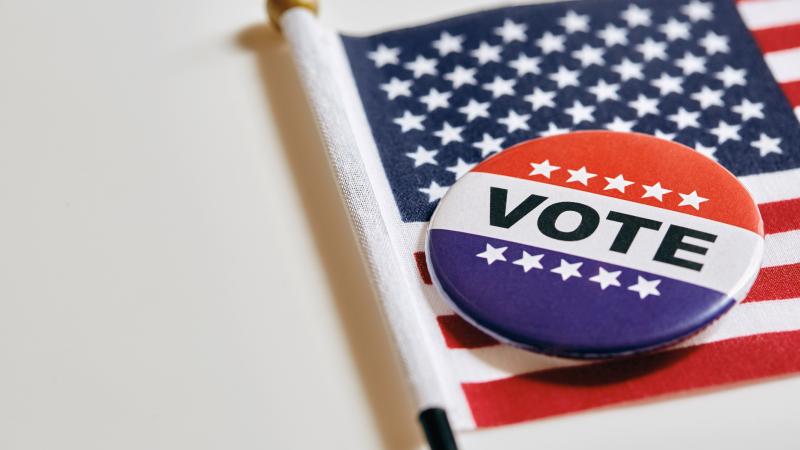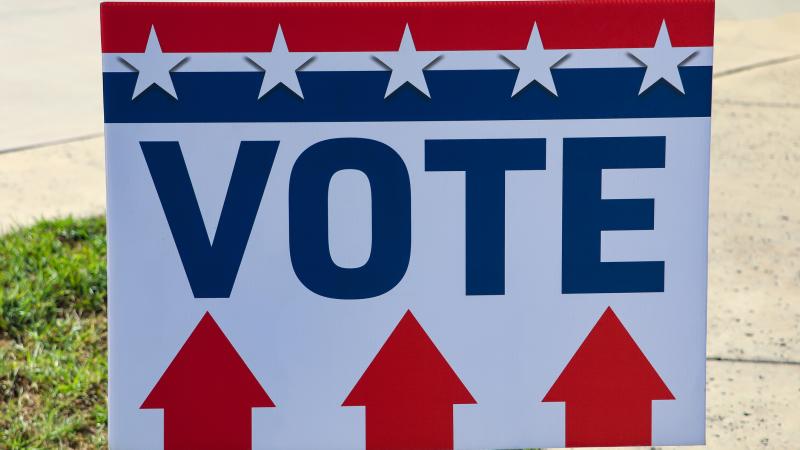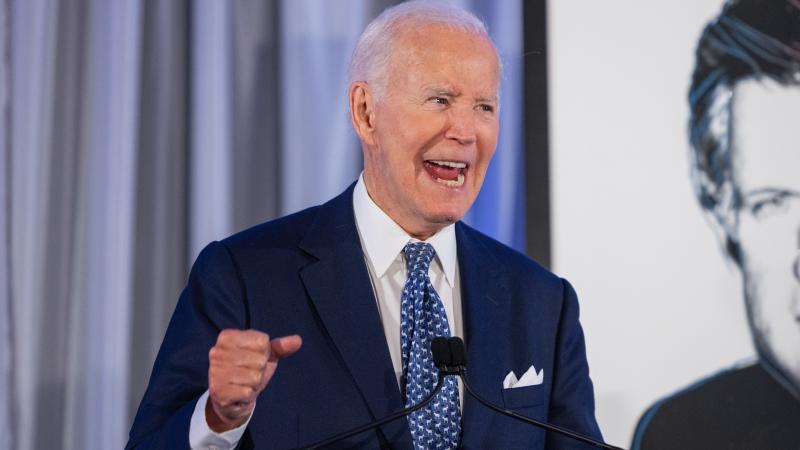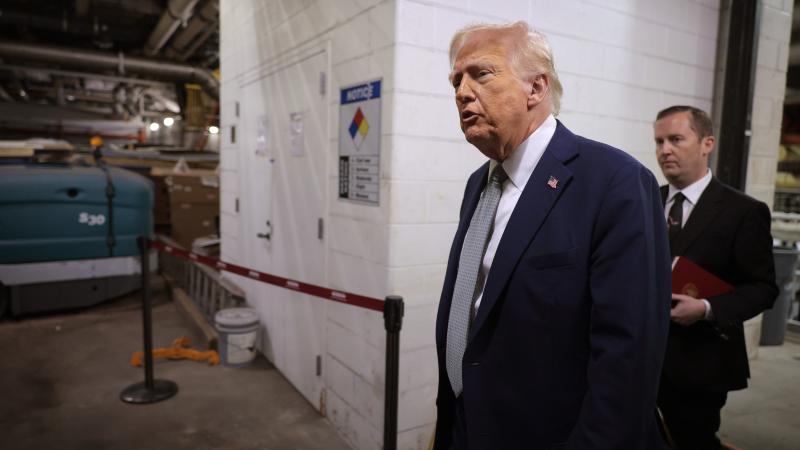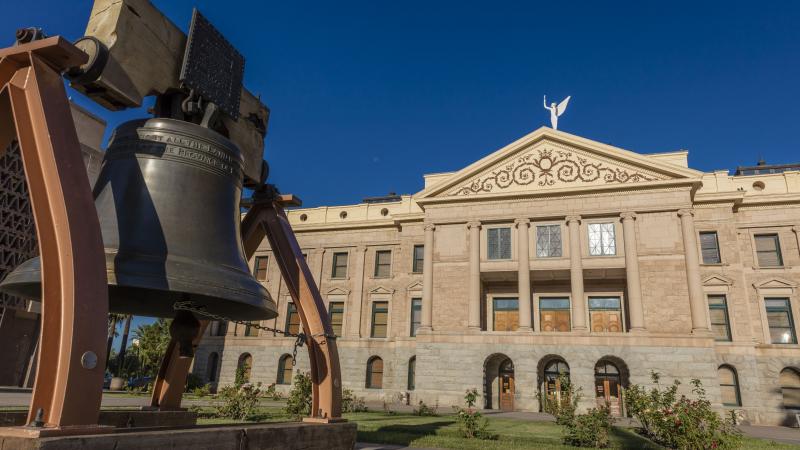Shocking examples of noncitizens on voter rolls boost push for a citizenship check for elections
In a state like Texas with stringent voting checks, over 2,700 illegal immigrants slipping through the cracks and onto the voter rolls highlights an issue that is much worse in states with lax laws.
The dual revelations that an illegal alien school administrator from Iowa made it onto the voter rolls in Maryland and that over 2,700 noncitizens escaped strict voter ID checks to qualify to vote in Texas are creating new momentum for creating a nationwide citizenship check system for elections.
"Many folks that come into my office will tell me, and anyone who will listen, this is the biggest issue in the country. Democrats don't want tightly run elections," Rep. Eli Crane, R-Ariz., told Just the News on Thursday night. "We all know that they want as much room for, you know, fraud, as humanly possible."
"So right now, in many states, you can just check a box and say you're a citizen, and that's it. What we're fighting for is we're actually fighting that you as a citizen have to prove that you're a citizen of this country if you're going to vote in our election," he said during an interview on the Just the News No Noise television show.
Crane and Sen. Ted Cruz, R-Texas, are spearheading a campaign to mandate proof of U.S. citizenship for voter registration in upcoming federal elections.
Their effort, endorsed through a letter supporting a petition from the America First Legal Foundation, has gained traction with additional Republican lawmakers, including Sens. Ted Budd (North Carolina), Jim Banks (Indiana), Roger Marshall (Kansas), Cindy Hyde-Smith (Mississippi), John Cornyn (Texas), Marsha Blackburn (Tennessee), Ron Johnson (Wisconsin) and Bernie Moreno (Ohio).
The Trump administration granted states free and direct access to the U.S. Citizenship and Immigration Services’ Systematic Alien Verification for Entitlements (SAVE) database, which enabled Texas to cross-check its voter rolls and identify 2,724 potential noncitizens registered to vote.
Texas Secretary of State Jane Nelson on Tuesday announced her office has completed its review of the Lone Star state's voter registration ledger against citizenship data in the U.S. Citizenship and Immigration Services’ (USCIS) SAVE database.
Nelson said she has identified potential noncitizens who possibly voted illegally in recent state elections. The list of potential noncitizens has been turned over to local counties, who will conduct their own investigations into the eligibility of the identified voters.
In another case, a Des Moines, Iowa, superintendent who is an illegal alien, had previously lived in Maryland.
Ian Roberts attended Coppin State University in Maryland, lived in the state, held multiple jobs, and was able to register to vote. Maryland’s voter registration system relies on self-attestation of U.S. citizenship, as many do, requiring merely a checked box on a form. The state’s policy of issuing driver’s licenses to illegal aliens, combined with their motor voter program, allows non-citizens to easily register.
Tom Jones, president of the American Accountability Foundation, spoke to Just The News about the issue. Referencing efforts by Maryland's director of the State Board of Elections to frustrate the Trump administration's efforts to clean up voter rolls.
"He refuses to share information with the Trump administration so that they can get illegal aliens off the voter rolls in Maryland, and it's clear what they're doing here. They want illegal aliens on the voter rolls in Maryland, so they vote for Democrats," Jones said.
Historical support for citizen-only voting
The notion and popularity of only lawful citizens voting in elections is not new.
In the late 1990s, Democrats, led by President Bill Clinton, firmly opposed non-citizen voting, which led to the 1996 Illegal Immigration Reform and Immigrant Responsibility Act (IIRIRA). This law, passed with strong Democratic support (72-27 in the Senate, 370-37 in the House), criminalized non-citizen voting in federal elections, imposing fines, up to one year in prison, and deportation. Clinton framed it as a defense of legal residents and electoral integrity, reflecting the party’s unified stance that only citizens should vote in federal races.
Republicans have expressed identical sentiment in their fight to keep noncitizens off of voter rolls.
